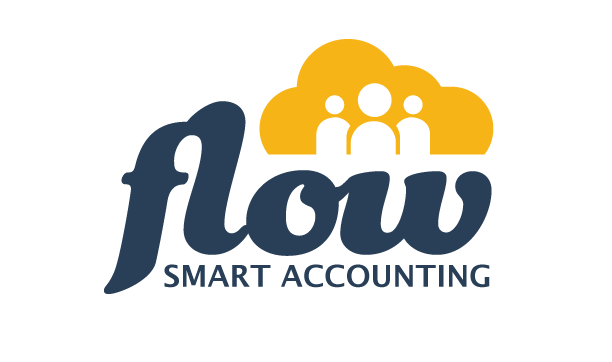
What Can You Claim as Business Expenses In Canada
As a business owner, you know that preparing for tax season is always an important aspect of any organization. Write-offs, also known as tax deductions, lower the amount of taxable income you have during tax time. Basically, let’s say you made $80,000 last year and have $20,000 in write-offs. That means your taxable income for the year would be $60,000. To be in a smaller tax bracket is to pay less in taxes that year.
So, what can you write-off? The rule of thumb for most of the expenses is “ as long as the expense is ordinary and reasonable, done with the purpose of creating income” it should be an eligible expense.
However, times are changing as money is tight due to increased government spending, so you can bet that the CRA puts its magnifying glass over the expenditures a business makes. Play it safe and smart when deducting these expenses. Here is a guide that may help with some of the items you wish to consider tax-writeoffs.
Accounting & Legal fees (related to business activities) – any outsourced consulting fees you paid for business consulting, advise and record keeping.
Advertising expenses – any money spent on advertising directly related to marketing your business. This can be brochures, business cards, ads, etc.
Automobile expenses – The business portion of your actual car expenses (e.g. gas, insurance, registration, repairs, and maintenance) or public transit expenses (e.g. buses) if you use local transportation.
Bad Debts (money owed to you that you are unable to collect)
Bank Charges – Bank services charges on your business checking account
Business Taxes & Business Licenses – the fees to maintain or obtain them
Cloud Computing Service Provider Fees – fees for digital services and subscriptions
Collection Agency fees – for example, you may be able to deduct the medical expenses paid through the collection agency in the year you actually paid them
Conference and Convention fees – attendance and registration fees paid to attend event-related to your business growth and networking.
Expert Advice (consultant fees, for instance)
Interest expenses (on money borrowed to run your business)
Insurance expenses (for buildings, machinery or equipment)
Internet Service Provider (ISP) fees (for business use)
Membership Dues (for business-related organizations, also includes subscriptions to business-related publications)
Meals and Entertainment expenses – these vary but overall you can research meals while traveling, meals as a form of entertainment, meals for the office and more.
Office Rent/Lease expenses
Office Supplies expenses – From computer software to paper and pens, you’ll want to record all of the items you purchase for everyday operations.
Postage & Courier expenses (shipping and delivery) – Mailing content to clients, proposals, bills, etc.
Private Health Service Plan (PHSP) premiums – you can deduct PHSP premiums you pay to insure yourself or any member of your household as long as you are actively involved in your business and it provides more than 50% of your total income
Promotion expenses – A promotion expense is a cost that a business incurs to make its products or services better known to consumers, usually in the form of giveaways.
Property Taxes
Repair & Maintenance expenses
Salaries of employees – including salaries of family members (employing family members is an excellent way to save on taxes by income splitting). Note that you cannot pay family members a salary over and above what you would pay someone else to do the job.
Business Software (for example, office suites and tax preparation and accounting software) also the latest in Microsoft or similar programs for day-to-day records and workload.
Telephone/Telecommunications expenses -Communication expenses like business cellphone service, second phone line for business, business Internet, etc.
Travel expenses. Because of the potential for abuse (e.g., sneaking in a Paris vacation under the guise of a business trip), these expenses are scrutinized closely by the CRA. Good documentation is an absolute must.
Utilities – Utilities and rent paid on a business location, such as a retail store or office, are deductible business expenses.
Got a HOME OFFICE? Note that if you are operating a home-based business you must separate the business portion of expenses from personal expenses. For example, you cannot deduct all of the mortgage payment on your home or your entire electricity bill – you can deduct a portion based on the percentage of your home used for business purposes.
Simple enough? We can make it even simpler! Contact us today to get a free consultation and see how we can make the tax write-off process (and many other record-keeping tasks) easy and accurate for your business.

